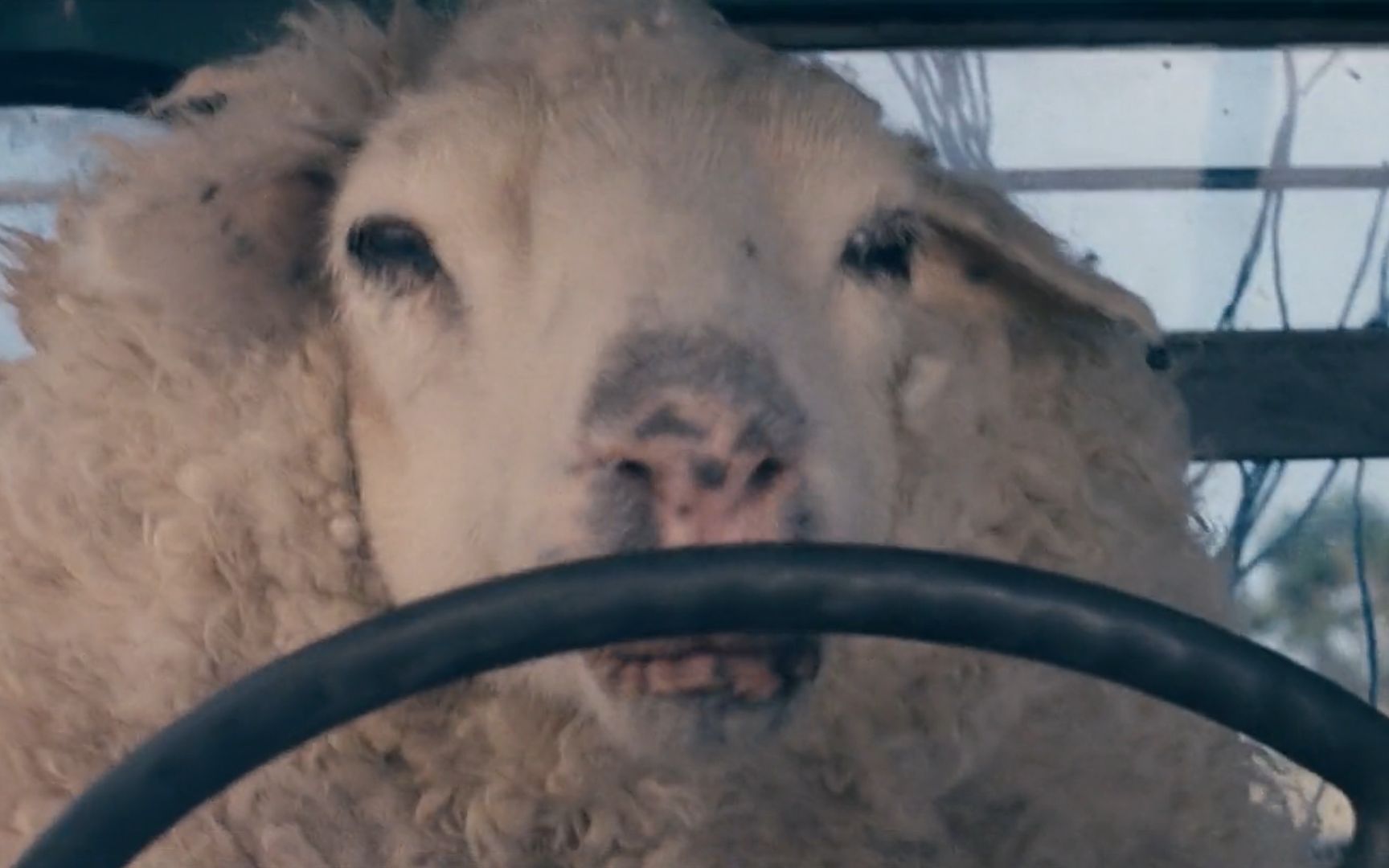“You cannot avoid me forever, human.”
I’ve heard vegans say that animal foods should be avoided in a healthy diet because animals accumulate toxins. But plants also accumulate toxins.
Plants can absorb tiny pieces of plastic through their roots that stunt their growth and simultaneously reduce their nutritional value, a study has found.
The findings from experts from the US and China are the first to provide direct evidence that nanoscale plastic particles can accumulate within land plants.
Widespread use of plastic products and the material’s ability to persist in the environment has resulted in an ‘enormous’ amount of pollution, the team said.
Existing research into the impacts of micro- and nanoplastics have mainly focused on their impact on marine ecosystems and, from their, on seafood.
Additional studies will be needed, the researchers said, to assess the extent of the impact these pollutants are having on both the yield of food crops and their safety.
This study shows that plants can accumulate tiny plastic particles, and plastic is known to mess with people’s hormones. Specifically, plastic is known to increase estrogen in men and decrease testosterone.
https://www.youtube.com/watch?v=vPUTH0ZOBJ4
When you add that to the fact that most plants have natural estrogen-promoting substances in them that are recommended to post-menopause women who don’t produce the levels of estrogen that they produced in their youth, a lot about vegans’ appearance is explained.
Phytoestrogens may be beneficial for women looking to rebalance their hormones as they approach menopause.
During perimenopause, which is the period before a woman reaches menopause and stops menstruating, the hormone levels in her body will fluctuate and cause a variety of symptoms.
Perimenopause usually starts in a woman’s 40s and lasts until menopause. Symptoms of perimenopause include:
hot flashes
tender breasts
low sex drive
tiredness
irregular periods
mood swingsThese symptoms can be unpleasant, and some women use hormone replacement therapy to help control them.
Phytoestrogens offer a natural alternative to the synthetic estrogen used in hormone replacement therapies.
When people stop eating animal foods, they normally increase their intake of plant foods. Eating more plants to try to get enough protein and nutrients increases exposure to these plastics and phytoestrogens.
Until plastics stop polluting the environment and getting in our foods, we should try to limit our exposure to it as much as we can. Getting your protein from meat and eggs is likely to result in a much more healthy hormonal system than trying to get it exclusively from plants even if the animal had to eat these plastic plants, because you eat much less volume of food overall.

